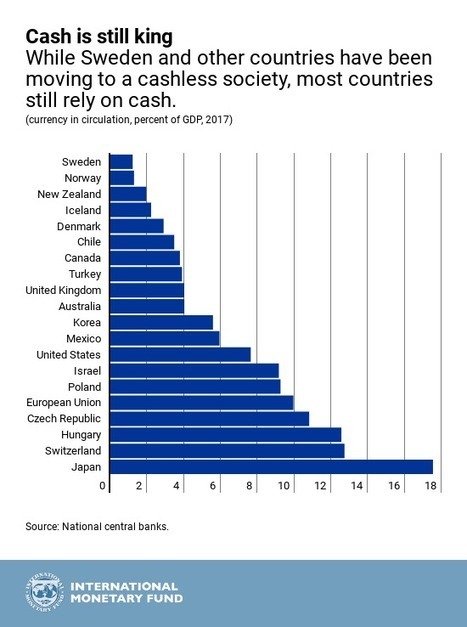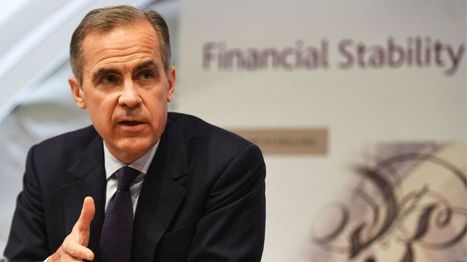The Bank of England warns of a "material risk" to financial stability as it buys more government bonds.

|
Scooped by Geoff Riley |
Geoff Riley's insight:
The Bank of England is sending some serious messages to the financial markets - and pension funds in particular - that they see significant risks to the financial stability of the UK economy. The Governor of the Bank of England has told pension funds - which manage more than £1.3 trillion worth of assets - that they have three days to sort themselves out before the Bank’s current intervention window - when it commits to buying £ billions of long-dated government bonds - comes to an end. The pension funds want the central bank to carry on buying government ‘gilts” until the Chancellor’s financial statement at the end of October. But this is by no means certain. Today, the Bank of England announced that it will be buying up index-linked (eg inflation proof) gilts as well as conventional ones as part of a wider strategy to keep gilt prices from falling further and threatening the viability of many pension schemes. The wider problem is that bond markets have concluded that the UK government’s fiscal approach is not sustainable. Announcing un-funded tax cuts of £35 billion in the “mini budget” was a huge mistake and has led to a sharp rise in government bond yields which in turn has driven up the cost of mortgage loans. The IFS reckon that the “credibility gap cost” for the government is in the order of an extra £10 billion worth of interest payments on debt each year. This has a huge opportunity cost - think of the new hospitals and schools that could be built with that money. And, it seems unlikely - on current growth projections - that the Chancellor will be able to announce a credible plan to reduce GDP as a share of the UK’s GDP without making some painful cuts in real government spending. A growing number of Conservative MPs will potentially vote against this. There is no certainty that the government will be able to get the bulk of their tax and spending proposals through Parliament. One of the leading ratings agencies Fitch has said Britain will probably face a deeper recession “following extreme volatility” in UK financial markets and the prospect of sharply higher interest rates. The economic woe continues - a recession will increase the debt-to-GDP ratio because the denominator is shrinking. And an economic downturn will lead to reductions in consumer spending which in turn will reduce direct and indirect tax revenues flowing into the Treasury. The government has a major job on its hands to persuade the financial markets that they have a credible growth and fiscal stability plan.
No comment yet.
Sign up to comment



 Your new post is loading...
Your new post is loading...

























